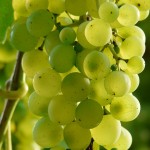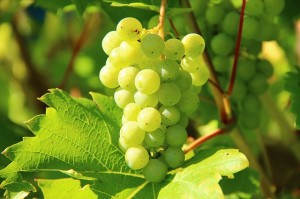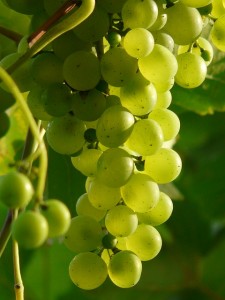The problem
 A winegrowing area in the mountainous region of Galicia, in the North-East of Spain, was about to disappear due to difficulties concerning profitability and the lack of recognition of local grape varieties. To tackle this situation, in 2006, the Local Action Group (LAG) started a reflection process to find alternatives to improve future prospects for the winegrowing area.
A winegrowing area in the mountainous region of Galicia, in the North-East of Spain, was about to disappear due to difficulties concerning profitability and the lack of recognition of local grape varieties. To tackle this situation, in 2006, the Local Action Group (LAG) started a reflection process to find alternatives to improve future prospects for the winegrowing area.
The project
 Thanks to the initiative of the LAG, several stakeholders met to collectively analyse the situation and as a result, a private foundation based in the area, took the lead and offered the possibility of funding for an innovative action in support of the wine sector in the area. The CSIC-Viticulture Research Group from the Spanish National Research Council came up with a proposal for an interactive innovation project: ‘the Viticulture project’. The project was launched by the Consejo Superior de Investigaciones Científicas (CSIC), 8 farmers, 3 advisory organisations, the LAG and the Galician government.
Thanks to the initiative of the LAG, several stakeholders met to collectively analyse the situation and as a result, a private foundation based in the area, took the lead and offered the possibility of funding for an innovative action in support of the wine sector in the area. The CSIC-Viticulture Research Group from the Spanish National Research Council came up with a proposal for an interactive innovation project: ‘the Viticulture project’. The project was launched by the Consejo Superior de Investigaciones Científicas (CSIC), 8 farmers, 3 advisory organisations, the LAG and the Galician government.
The research team, the winemakers, advisory organisations, the Galician Government and other actors met first during a kick-off meeting and then during several follow-up meetings, field trips and interviews.
The result
 After four years of project, the research group completed the study on the different vine varieties. They appointed the most appropriate vine-growing areas and the most suitable variety for high quality winemaking in this Galician area was chosen. The results led to the inclusion of two varieties in the Spanish Official List of Vine Varieties with Commercial Interest. Vinegrowers from the area can now legalize their vineyards and commercialize the wines putting the name of the varieties in the labels of bottles. As result, new wineries have been stablished in the area.
After four years of project, the research group completed the study on the different vine varieties. They appointed the most appropriate vine-growing areas and the most suitable variety for high quality winemaking in this Galician area was chosen. The results led to the inclusion of two varieties in the Spanish Official List of Vine Varieties with Commercial Interest. Vinegrowers from the area can now legalize their vineyards and commercialize the wines putting the name of the varieties in the labels of bottles. As result, new wineries have been stablished in the area.
This is a summary of a Good practice published by the EIP AGRI. For more information:
- You can find the original good practice with more information.
- Presentation of the project by José Luis Santiago Blanco from CSIC.
- More information on the project here: www.mbg.csic.es/vitis










